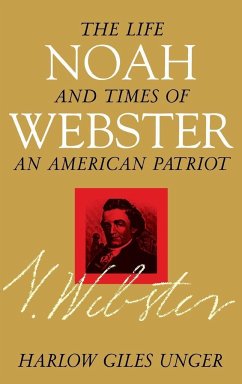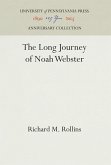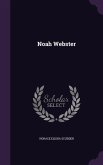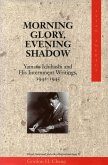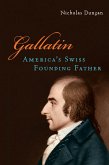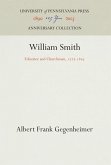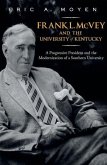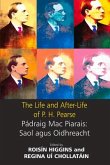He might appropriately be called the "founding father" whom American history forgot. Renowned during his lifetime as a principal architect of cultural and political life in the fledgling United States, Noah Webster has since disappeared into the pages of his own dictionary -- ironically eclipsed by his own colossal creation. Until now. This groundbreaking biography brilliantly restores Webster's monumental legacy as a teacher, legislator, philosopher, lawyer, crusading editor, and one of history's most profoundly influential lexicographers. In the first major biography of Noah Webster in over sixty years, author Harlow Unger creates an intriguing portrait of the United States as an energetic and confident young nation, even when independence was fragile and the future unclear. A descendant of one of New England's first families, Noah Webster was born in 1758 into a Connecticut landscape on the brink of revolution and strife. A serious-minded boy with bright red hair, he inherited from his father a deep-seated pride of family and love of country. When the Boston Massacre of 1770 roused the soldiers of the Hartford commonweal to arms, Webster was twelve years old and already carrying a musket and marching in the local militia. As a young man, his burgeoning patriotism was further fueled by the writings of John Locke, Jean-Jacques Rousseau, and Thomas Paine. These philosophers heavily influenced the first portion of Webster's career as a powerfully vocal warrior against political and social disunion and the forces of anarchy. As a schoolteacher and tireless lecturer, he sought to eradicate illiteracy in lower social classes and endorsed unprecedented programs to provide equal opportunities for women. Webster, in short, became America's first social reformer. He was not yet forty. Webster is known chiefly for his equally remarkable second career as the original standard-bearer of American English, however. His speller sold countless copies over the years, his dictionary achieved nothing short of a complete transformation of the way Americans wrote the language, and his elementary school curriculum was for decades the foundation of American education. Enjoying complete access to Webster's papers, letters, essays, and diaries, Unger explores with unique clarity and depth the role his subject played as a close ally of George Washington, John Adams, and John Jay and as a key player in the heated battle to ratify the Constitution. Breathtaking adventure--from the Revolution to the War of 1812--and masterful scholarship converge in this riveting chronicle of a singularly American intellect. In the indispensable Noah Webster: The Life and Times of an American Patriot, Unger brings his meticulous research and eye for telling detail to bear on his subject's myriad achievements, as well as his enduring legacies. "Until Webster, no great nation on earth could boast of the linguistic unity that Webster created in the United States. More than a lexicographer, Webster was a teacher, philosopher, author, essayist, orator, political leader, public official, and crusading editor. Webster's life thrust him into every major event of the early history of our nation, from the Revolutionary War to the War of 1812. He touched the lives of the most renowned Americans--and the most obscure. He earned the love and friendship of many, the hatred of some, but the respect of all. Noah Webster helped create far more than an American dictionary; he helped create an American nation."--from the Prologue
Hinweis: Dieser Artikel kann nur an eine deutsche Lieferadresse ausgeliefert werden.
Hinweis: Dieser Artikel kann nur an eine deutsche Lieferadresse ausgeliefert werden.

